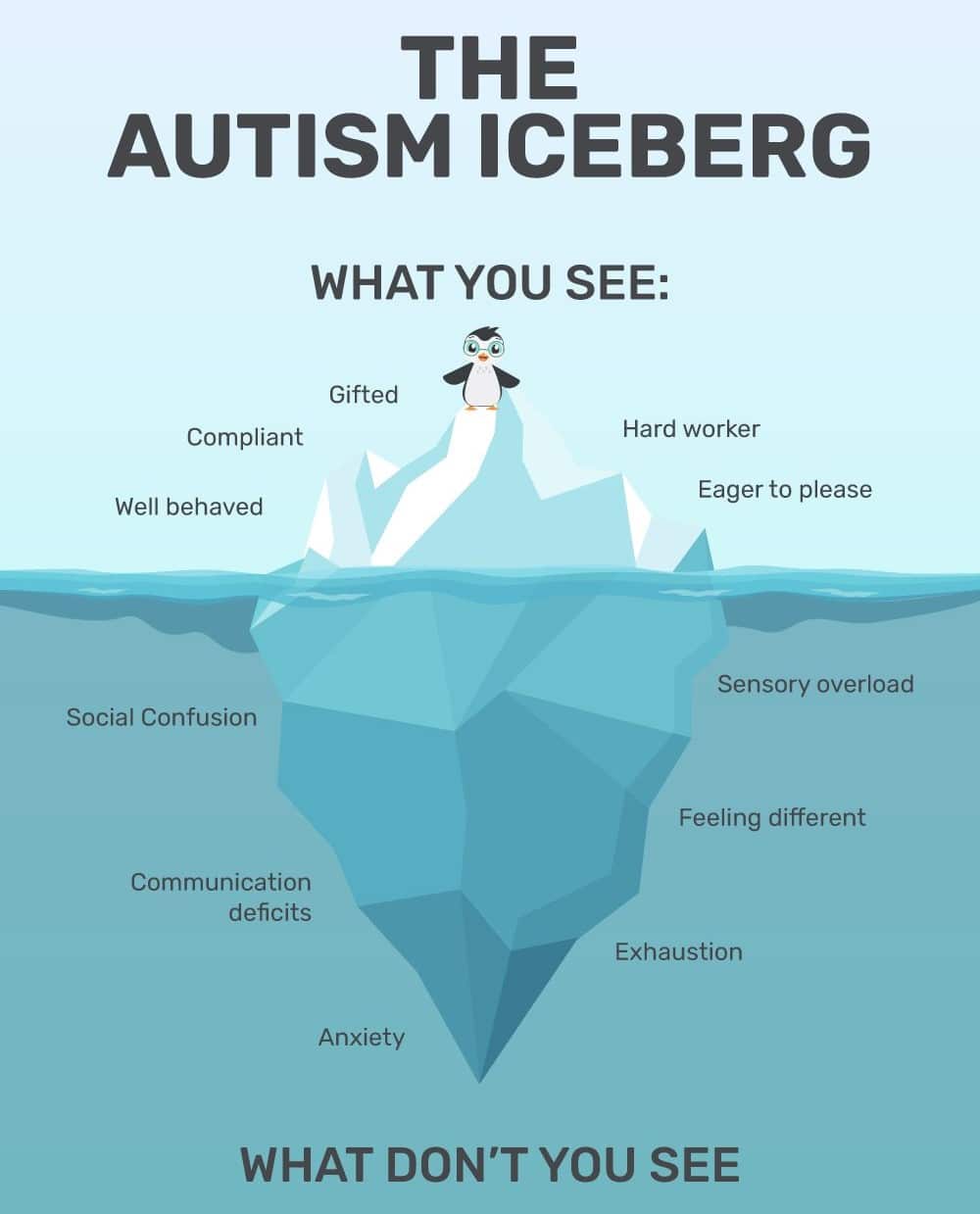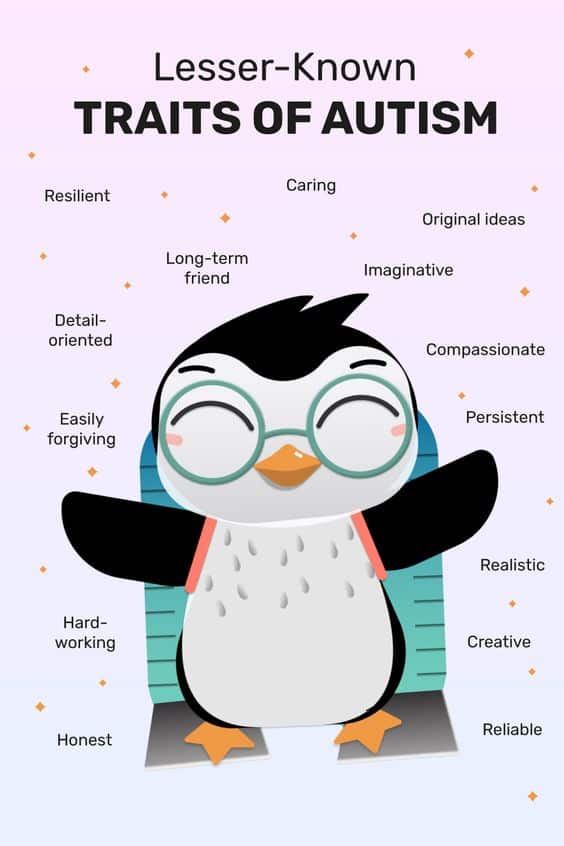Recognizing the symptoms of Heller’s Syndrome is vital for parents. Early identification and intervention can substantially impact a child’s progress. Here’s a quick overview:
- Regression: Children with Heller’s Syndrome experience a sudden loss of previously acquired skills.
- Language Disruption: Speech and communication abilities deteriorate, leading to difficulty expressing thoughts.
- Social Withdrawal: Children may become less interested in interactions, isolating themselves from others.
- Motor Challenges: Motor skills like coordination and movement can decline noticeably.
- Behavioral Changes: Behavioral shifts, like irritability or repetitive behaviors, might become apparent.
If your child exhibits these signs, seeking professional evaluation and support from therapists and educators can lead to improved quality of life. Goally’s tablet and apps support kids with Heller’s Syndrome. They offer interactive skill-building, effectively aiding language development, life skills, and emotional regulation.














